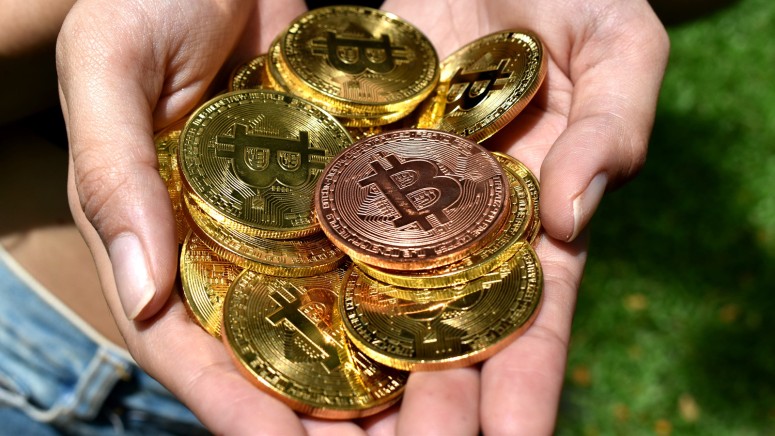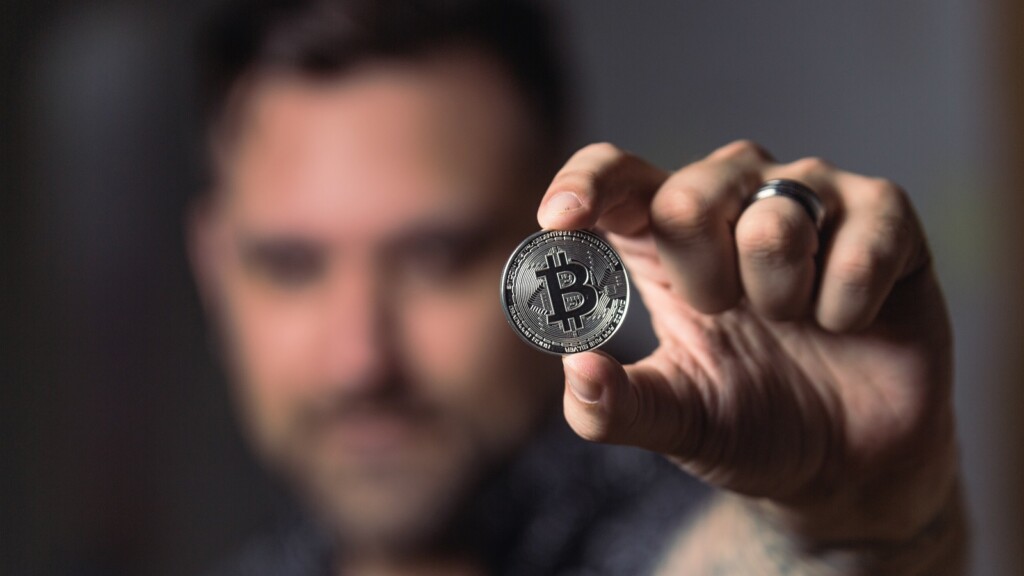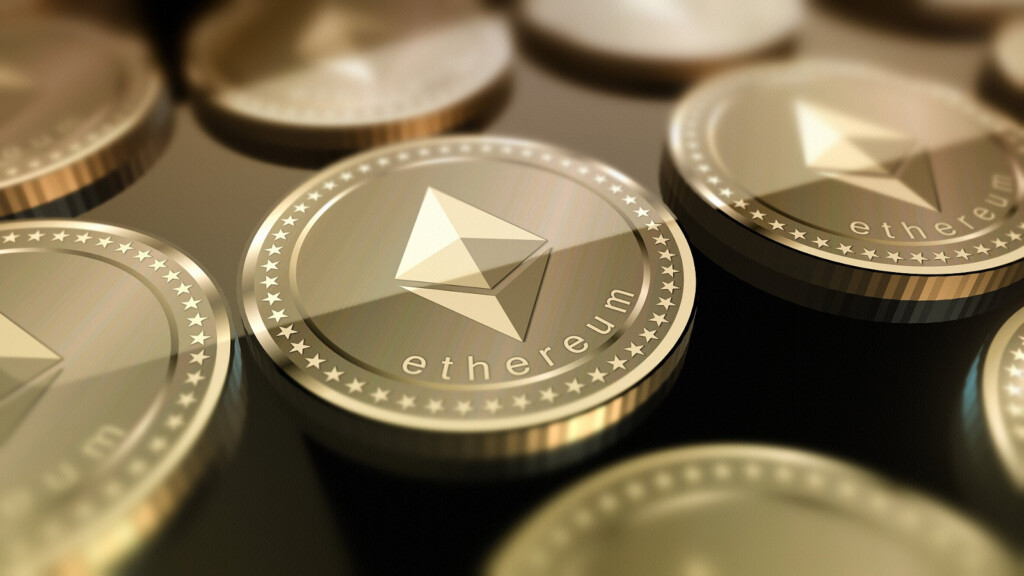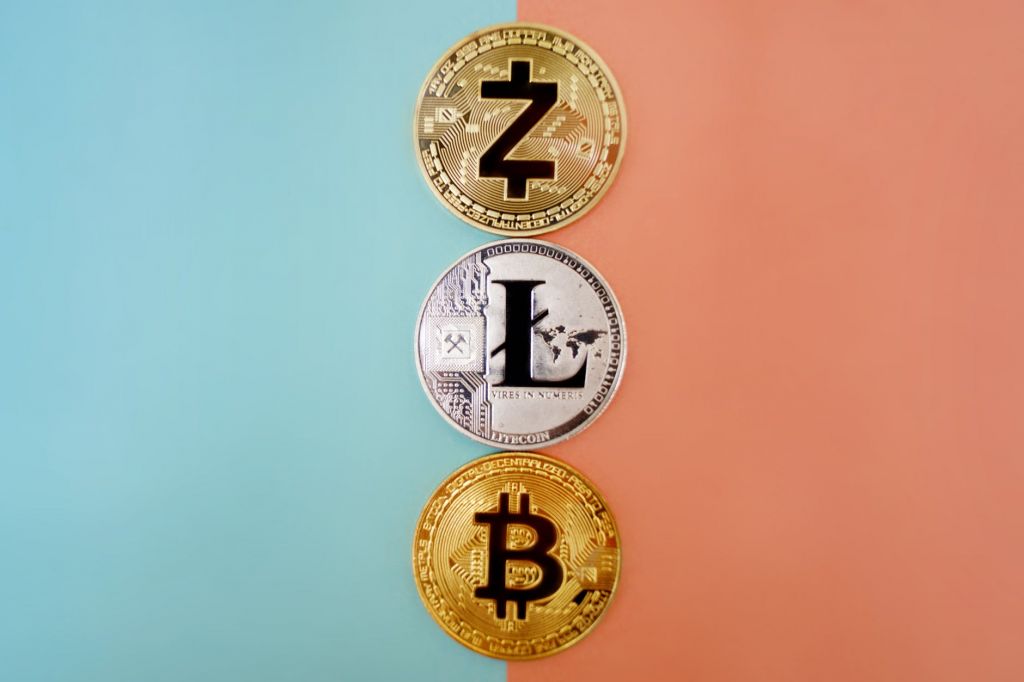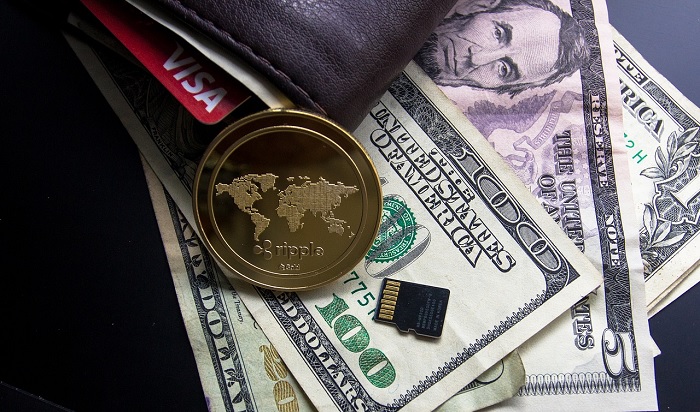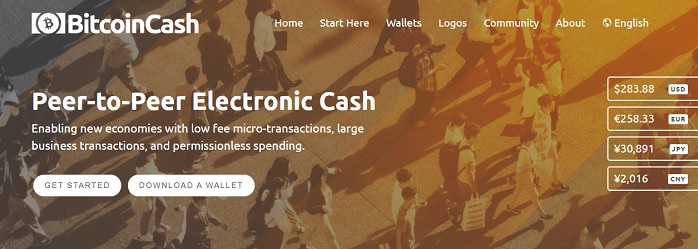
The Most Popular Cryptocurrencies Today
Cryptocurrencies are alive and well in 2019 and, I suspect, this will still be true if you're reading this many years later. In fact, since the launch of Bitcoin, it seems cryptocurrencies have done nothing but multiply in number. Yes, plenty of them have also quietly disappeared, but that's the price of progress. There's an arms race between financial power that want centralized control and the maverick tech generation that want to be free of it. The popular cryptocurrencies of today often thrive on new features that make it harder for the powers that be to identify users. Many are also working to solve one of the fundamental weaknesses of the blockchain: transaction speed.
Here we have cryptocurrencies that are especially popular and relevant today. We'll look at what they are, what they offer and try to understand what makes them so attractive. Whether you trade-in cryptocurrencies or just like the technology behind it, these names are ones to remember.
The King of Popular Cryptocurrencies: Bitcoin (BTC)
Bitcoin needs no introduction. This was the currency that got the whole thing started. To this day no one knows the true identity of the people or person behind "Satoshi Nakamoto". The purported inventor of Bitcoin.
Given that Bitcoin is still very popular today, it also means it's the most long-lived cryptocurrency.
By using a public ledger known as a "blockchain" and using user-donated computation to drive the processing of transactions, Bitcoin succeeded in creating a trusted way to move money around without any power being in control.
In the years since, the privacy of Bitcoin has been compromised and the speed of transactions remains painfully slow. Which means it can never replace the monetary system as a whole. Still, since it has ballooned so much in value and there is an incredible amount of wealth invested in BTC, it's probably going to be around for quite some time. After all, analysts are predicting that at some point Bitcoin will have a larger market cap than actual gold. As I write this, Bitcoin still makes up almost 70% of the total crypto market, although wild fluctuations happen all the time.
Ethereum (ETH)
You know that a given cryptocurrency is on the rise when Elon Musk crypto scammers switch over to it. Announced in 2014, Ethereum wasn't actually designed to compete with Bitcoin. It's status as a major rival happened more or less by accident. Now it's a top member of the popular cryptocurrencies.
The key innovation brought to the table by Ethereum is how it re-purposed the blockchain for much more than just keeping track of financial transactions. In fact, Ethereum offers an entire software platform for building decentralized applications. Apart from decentralized apps, which offer all the advantages of cloud services with few if any of the privacy concerns, Ethereum can also be used to create smart contracts. The coin itself, ether, is used as a resource to execute commands on the decentralized network. So Ether actually represents a real, useful commodity in the form of computation. Computations are not simply done as a barrier to making coins too quickly. Which is why someone who knows way more than me about cryptocurrency explained it like this:
Ethereum is a global-scale distributed system that powers a global computer and key-value store. And it works! You can interact with distributed applications written on Ethereum today. You can hire a freelancer, breed virtual kitties, and (shameless plug) buy ads by the pixel. - Max Veytsman (@MVETSMAN)
I've waxed lyrical about the potential for a decentralized internet before, which is quite frankly the most exciting thing about Ethereum. If it can weather a few storms its eventual impact on the net and computing as a whole may outshine Bitcoin itself.
Litecoin (LTC)
Litecoin was released back in 2011 by a Googler named Charlie Lee. It's a fork of Bitcoin's technology and offered quite a few advantages over Bitcoin at the time. For example, the total possible supply of Litecoin is more than that of Bitcoin. Litecoin also processes blockchain blocks in a quarter of the time Bitcoin does. In other words, it addresses a key weakness of Bitcoin, which is slow transaction speeds.
Not only is it four times faster (in theory), the total supply is also four times more. There can only ever be 21 million Bitcoin. Litecoin has a limit of 84 million. It doesn't really matter though, since these currencies can be divided into any decimal fraction. The speed advantage is, however, a significant feature.
A major difference between Litecoin and Bitcoin is in the "crypto" part of cryptocurrency. That is, they use different cryptographic methods.
Bitcoin uses SHA-256 algorithm, and Litecoin uses Scrypt. The fine details of the differences are incomprehensible to anyone (like me) who lacks the math, but Scrypt does seem to still be practical for regular computer equipment to mine. Rather than needing expensive specialized mining equipment to have any chance of making Bitcoin mining worth it these days.
Ripple (XRP)
As Ethereum, Ripple isn't really about the coin (XRP), but rather about offering decentralized services. Unlike Ethereum, the coin and the technology don't share the same name. Though people end up calling XRP Ripple anyway.
Ripple was designed as a decentralized digital payment protocol and network.
It's important to know right off the bat that Ripple doesn't use the "traditional" blockchain model pioneered in Bitcoin. Instead, it has a network of servers that are independent and have to reach a consensus on transactions. So there's no crypto-mining involved here. Which has the distinct advantage of needing very little power. Whereas Bitcoin and other blockchain mining currencies need huge amounts of electricity, Ripple skips all of that.
Ripple isn't really used by individual users to make purchases in XRP, so you might wonder why it's on a list of popular cryptocurrencies. That's because the banks themselves have taken a major interest in this technology. It makes trusted transfers of money easy and offers an alternative to existing systems such as SWIFT. So while you are unlikely to ever work with Ripple directly, there's a good chance that some of your future transactions with move through Ripple before making it to its final destination.
Bitcoin Cash (BCH)
Thanks to its name, Bitcoin Cash can cause quite a bit of confusion, but once you know the differences between BCH and BTC it will all become pretty clear.
Bitcoin Cash is indeed related to Bitcoin. It's a "hard fork" of the Bitcoin blockchain, which essentially means that a new chain split off from the original, with alterations that make it incompatible with the main Bitcoin chain, which is still barreling along.
Bitcoin Cash isn't the only fork of Bitcoin, but it is quite possibly the best known and most popular one so far. But, why would anyone want to make such a hard fork in the first place?
Basically the creators of Bitcoin Cash thought ahead to the future of the Bitcoin blockchain. Bitcoin has an extremely slow transaction processing speed, which means it's basically never going to match the per-second transaction counts needed to replace the global financial system of today.
The changes that have been made to Bitcoin Cash are forward-looking in that they increase the theoretical speeds that are possible with transactions. Right now it remains to be seen if Bitcoin will run into the scaling issues Bitcoin Cash is meant to address. At the same time, there are some concerns about the comparative security of BCH. In the end, it's too early to see which balance of speed and privacy the market feels most comfortable with.
Is the Future Crypto?
With the exception of Bitcoin, the popular cryptocurrencies at any given time could be anything. Cryptocurrencies are still very volatile. There are more than a few reasons for this. One big driver of volatility is the narrative of people who bought Bitcoin for pennies and then became millionaires overnight. So people are looking for new coins that might recreate the magic. It's not a completely ludicrous idea and people have had some success. Even "joke" coins like Dogecoin made some people very rich indeed. The downside is that new coins that come with legitimate technological advancements are made unstable by early speculators.
If coins that are fast, scalable and trustworthy stabilize enough, the hope is that they will start functioning as a real day-to-day currency. The original idea behind Bitcoin was to provide an inflation-proof currency that everyone could trust, but no one owned. That can't happen until the volatility goes away, but as newcomers work on solving the weaknesses in the initial concept, the reality of decentralized money edges closer every day.
Which coins do you think everyone should know about? Let us know down below in the comments. Lastly, we’d like to ask you to share this article online. And don’t forget that you can follow TechNadu on Facebook and Twitter. Thanks!

